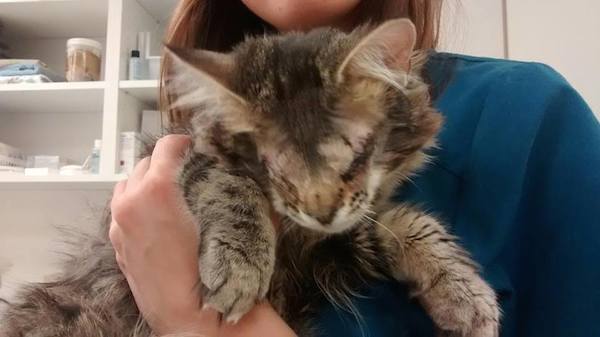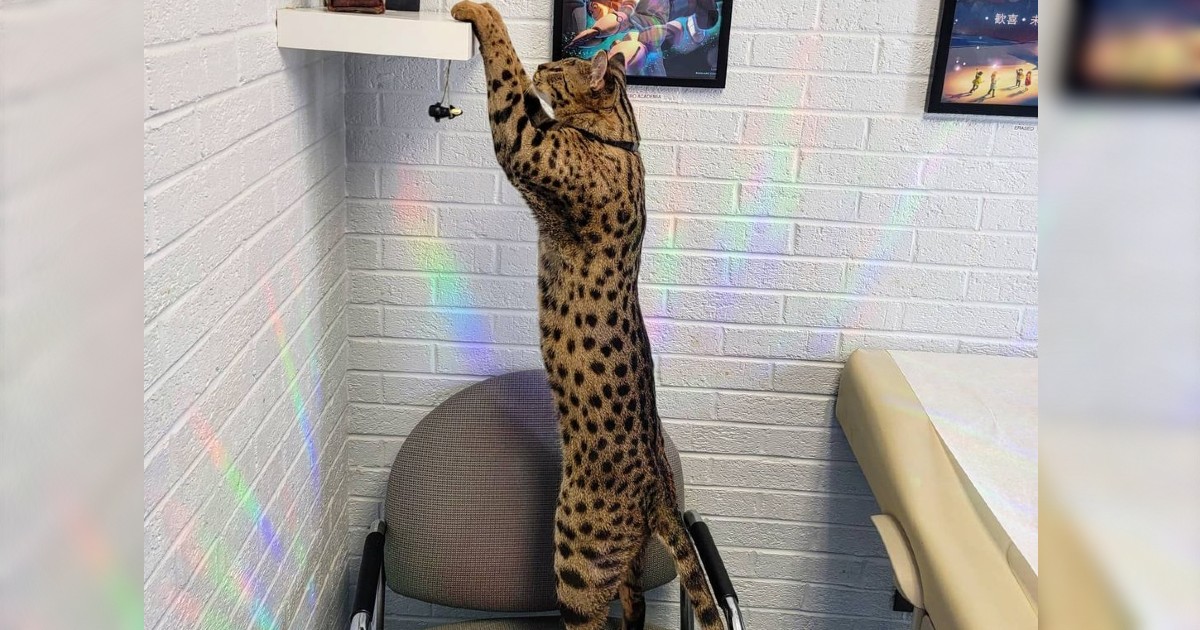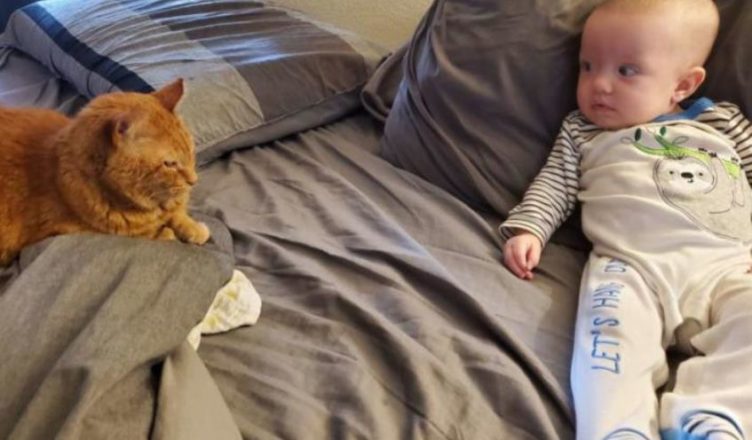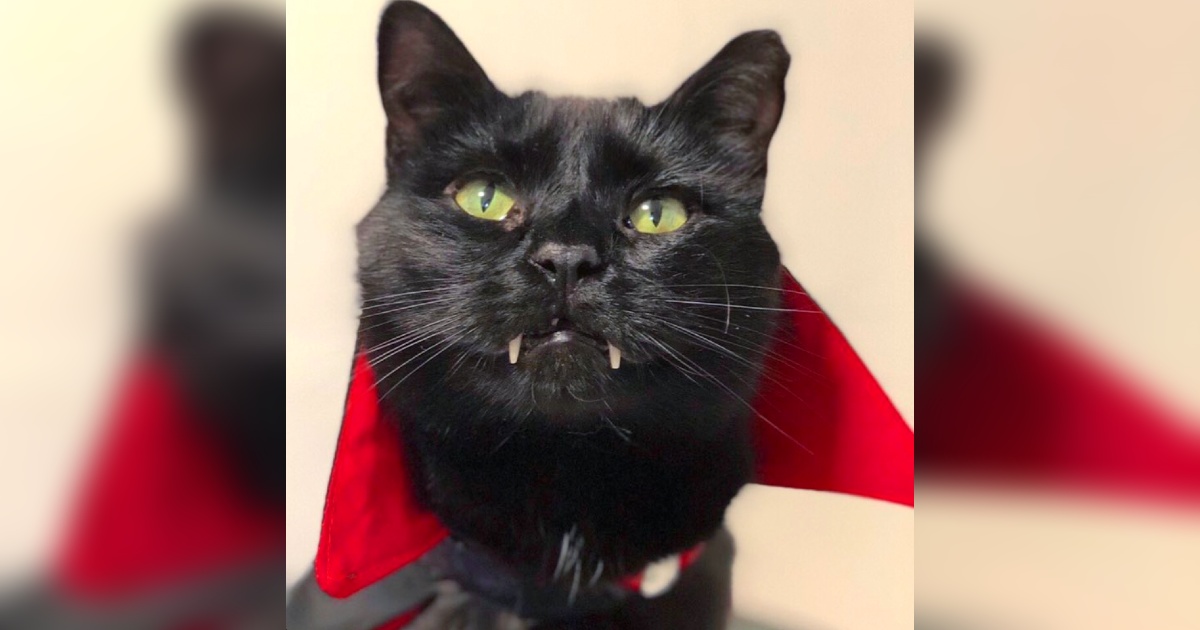Sphynx cats have attracted cat enthusiasts since their appearance in the 1960s, when they were discovered to be the result of a genetic mutation, according to the Cat Fanciers’ Association.
This breed is still popular today, thanks to celebrity enthusiasts (Demi Lovato, Lena Dunham, and Kat Von D are all happy Sphynx owners) and a beautiful look that begs for Instagram followers.
While these cats are recognized for their sweet personality and lovely looks, they also demand extra attention and concern. They are a lot more demanding pet than many of their hairy cousins, despite their lack of hair.
If you’re thinking about bringing a Sphynx into your life, here’s what you need to know.

Sphynx Cats Have Big Personalities
“Social” is not a term that most people associate with cats, however it is an accurate characterization for the Sphynx.
Dr. Ariana Verrilli, a veterinary oncologist at Upstate Veterinary Specialties in Latham, New York, owns three hairless cats that are attention-seeking machines, according to her.
“When I return home, my hairless cats rush to the door to meet me. I’m unable to sit without at least one of them on my lap… They like to sleep under the blankets at night.” “If you’re looking for a cat who would sit in the window and sleep on the bed but is generally aloof, don’t acquire a Sphynx,” she says.
Sphynx cats are also noted for being quite noisy. “They’ll let you know if they want something,” Dr. Verrilli explains. “If one of my cats wants to be allowed in, she will sit outside locked doors and howl.”
While many cat owners appreciate Sphynxes’ open nature, other people are simply not sociable enough for the breed. “My youngest Sphynx cat came from a shelter. “She was abandoned off at the vet clinic where I was working because she was too much for him to manage,” Dr. Verrilli explains. ” She’s insane, but I adore her.

Sphynx Cats demand constant attention.
If you think you’re up to the challenges of a Sphynx’s huge personality, the cat’s general care is the next thing to think about. Sphynx cats are not less work than cats with fur because they are hairless.
Their Diet Helps Them Maintain Healthy Skin
On the contrary, a great deal of effort is put into keeping these cats well-groomed and their skin in good condition.
Sphynx skin care begins with food, according to Kirsten Kranz, founder and executive director of Wisconsin-based Specialty Purebred Cat Rescue.
“You want high-quality food since diet has an impact on the quantity of oil produced by a Sphynx’s skin. The higher the quality of the food, the less oil it contains. “Oils collect more quickly if you don’t provide them a high-quality food, which can lead to not just chronic skin problems but also ear wax and infections,” adds Kranz.
Due to their lack of hair, these cats are leaving grease spots in the locations they frequent. “Their skin is greasy,” Dr. Verrilli explains, “and that oil may soak into your couch cushions or bed linens and produce a stain.”

Keeping them Clean
While a Sphynx cat’s diet helps to minimize their general greasiness, they will require baths from time to time to clean stored dust and grime. Choose mild cat shampoos like Earthbath Oatmeal and Aloe dog and cat shampoo, which are soap-free and created with natural ingredients like coconut oil.
Washing a Sphynx, according to Kranz, is “a little like bathing a newborn with claws.” “I frequently use wet washcloths—one with a little shampoo and one with simply water,” she explains. They won’t have to be totally absorbed this way.”
When washing a Sphynx, make sure to dry them immediately with a soft, warm towel to avoid dry skin. You should also avoid bathing a Sphynx too frequently since it can dry up their skin.
Sphynx cats, according to Kranz, are prone to ear infections, therefore owners must be careful about cleaning their ears and removing extra wax. They should also keep an eye on their cat’s paws, as dirt can build up between the toes and cause illnesses.
“At least once or twice a week, I wipe my cats’ paws,” Dr. Verrilli explains. “Unlike typical domestic shorthairs, Sphynx cats require a lot of physical labor to keep clean.”

Health Problems
Sphynx cats, like many purebred cats, can suffer genetic health issues. The Sphynx cat breed, according to both Dr. Verrilli and Kranz, is vulnerable to hypertrophic cardiomyopathy, a disorder in which the heart muscle thickens abnormally.
“If you’re planning to obtain a Sphynx, you should get the cat examined for cardiac problems on a regular basis.” While hypertrophic cardiomyopathy may not be present in a kitten, it might develop as the cat grows older. Dr. Verrilli says, “I strongly encourage frequent echocardiograms to catch it early if it does arise.”
Sphynx cats are prone to dental problems as well. “As far as cats go, they have some fairly bad teeth.” They require frequent dental cleanings, and in extreme cases, all of their teeth must be pulled, which may be costly, according to Dr. Verrilli.
Sphynx owners should seek out veterinarians with a strong experience in cats, especially purebred cats, because of these difficulties, according to Kranz. “Having a vet familiar with these cats is critical so that if and when issues arise, they may be correctly addressed,” she explains.
“Because of their lack of fur, common illnesses manifest differently in Sphynx cats, and someone unfamiliar with the breed may not detect something as common as ringworm in a Sphynx if they don’t already know what it looks like,” explains Kranz.

Sphynx cats require protection from the cold and the sun
Another disadvantage of Sphynx cats’ lack of fur is that they get cold more quickly than their furry counterparts. If you’re chilly, your Sphynx cat is cold, according to Kranz. There are a variety of ways to keep these cats warm.
Soft fabric cat clothing can keep your cat warm without damaging her skin. Clothes, on the other hand, absorb skin oils and must be cleaned often to avoid becoming soiled.
Cat beds, such as a cat heated bed or a cat covered bed, may also keep cats warm. Microwavable heating pads can be used to pre-warm mattresses if your residence is extremely chilly. Never underestimate the importance of a warm blanket!
It’s also important to note that Sphynx cats should not be allowed outside. Aside from the difficulties of maintaining temperature in cold weather, Sphynxes’ lack of fur makes them very vulnerable to sunlight.
Sphynx cats, according to Dr. Verrilli and Kranz, are fantastic pets if you’re willing to put in the extra time and effort that their care necessitates. “I used to think, ‘I’ve always had cats,’ until I acquired my first one. What could be more different?’ The response is a resounding YES.” According to Dr. Verrilli. “You have to be ready.”

Sphynx Cats Aren’t Allergy-Friendly
If you’re thinking about adopting a Sphynx cat because you think it’ll be the only cat that won’t affect your allergies, think again.
Many people believe these cats are hypoallergenic, but this is not the case—their lack of fur does not make them hypoallergenic. Allergies in humans are usually secondary to allergens in cat skin.
People who are allergic to long-haired cats may be more allergic to hairless cats.







